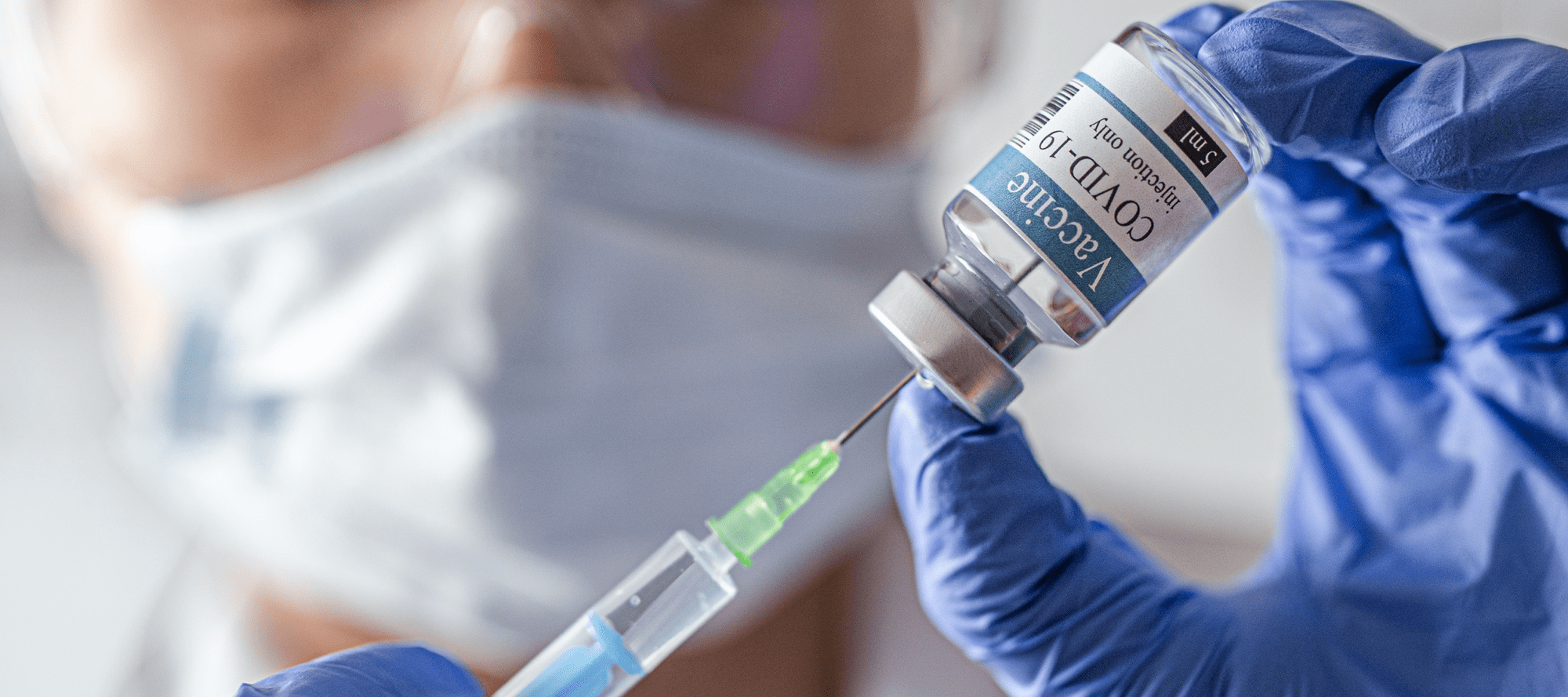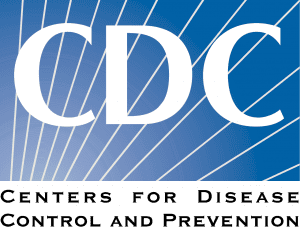- Smell and taste changes are early indicators of the COVID-19 pandemic and political decision effectiveness
Authors show that self-reports of smell/taste changes are more closely associated with hospital overload and are earlier markers of the spread of infection of SARS-CoV-2 than current governmental indicators. They also report a decrease in self-reports of new-onset smell/taste changes as early as 5 days after lockdown enforcement. Cross-country comparisons demonstrate that countries that adopted the most stringent lockdown measures had faster declines in new reports of smell/taste changes following lockdown than a country that adopted less stringent lockdown measures. Authors propose that an increase in the incidence of sudden smell and taste change in the general population may be used as an indicator of COVID-19 spread in the population. - Vascular Disease and Thrombosis in SARS-CoV-2- Infected Rhesus Macaques
Authors show that SARS-CoV-2 causes endothelial disruption and vascular thrombosis in both human and rhesus macaques lungs by inducing an upregulation of proinflammatory cytokines. Using an approach that combines histopathology and multiomics in macaques, they show the progression to vascular disease over time, which involves complement, macrophage, cytokine, and thrombosis cascades. - COVID-19 and Excess All-Cause Mortality in the US and 18 Comparison Countries
Authors compared US COVID-19 deaths and excess all-cause mortality in 2020 (vs 2015-2019) to that of 18 countries with diverse COVID-19 responses. While the US had a lower COVID-19 mortality rate than high-mortality countries during the early spring, after May 10, all 6 high-mortality countries had fewer deaths per 100 000 than the US.
- Repurposed antiviral drugs for COVID-19; interim WHO SOLIDARITY trial results
WHO expert groups recommended mortality trials in hospitalized COVID-19 of four re-purposed antiviral drugs. Study drugs were Remdesivir, Hydroxychloroquine, Lopinavir (fixed-dose combination with Ritonavir) and Interferon-β1a (mainly subcutaneous; initially with Lopinavir, later not). These regimens appeared to have little or no effect on hospitalized COVID-19, as indicated by overall mortality, initiation of ventilation and duration of hospital stay. The mortality findings contain most of the randomized evidence on Remdesivir and Interferon, and are consistent with meta-analyses of mortality in all major trials.
- Remdesivir for the Treatment of Covid-19 — Final Report
Authors conducted a double-blind, randomized, placebo-controlled trial of intravenous remdesivir in adults who were hospitalized with Covid-19 and had evidence of lower respiratory tract infection. Patients were randomly assigned to receive either remdesivir (200 mg loading dose on day 1, followed by 100 mg daily for up to 9 additional days) or placebo for up to 10 days. The primary outcome was the time to recovery, defined by either discharge from the hospital or hospitalization for infection-control purposes only. Data show that remdesivir was superior to placebo in shortening the time to recovery in adults who were hospitalized with Covid-19 and had evidence of lower respiratory tract infection.
- Effect of Hydroxychloroquine in Hospitalized Patients with Covid-19
In this randomized, controlled, open-label platform trial comparing a range of possible treatments with usual care in patients hospitalized with Covid-19, authors randomly assigned 1561 patients to receive hydroxychloroquine and 3155 to receive usual care. The primary outcome was 28-day mortality. Among patients hospitalized with Covid-19, those who received hydroxychloroquine did not have a lower incidence of death at 28 days than those who received usual care.
Situation Dashboards



World Health Organization (WHO)
Novel Coronavirus (COVID-19) Situation from World Health Organization (WHO)


Johns Hopkins University (JHU)
Coronavirus COVID-19 Global Cases by the Center for Systems Science and Engineering (CSSE) at JHU


COVID-19 in US and Canada
1Point3Acres Real-Time Coronavirus (COVID-19) Updates in US and Canada with Credible Sources


Genomic Epidemiology COVID-19
Genomic Epidemiology of (COVID-19) Maintained by the Nextstrain team, enabled by data from GISAID.





